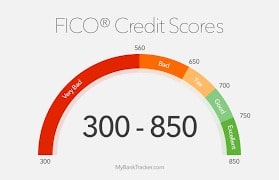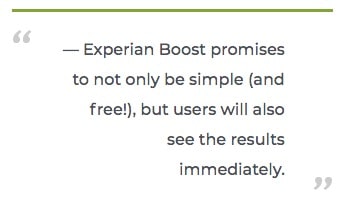It has become a fact of life that companies small and large are unable to guarantee that their customer’s sensitive information is 100% secure. Marriott, Equifax, Dunkin’ Donuts, Houzz and now the latest victim, Capital One, prove that it isn’t just one industry that can be affected.
In the latest breach, we know that Paige Thompson has been accused of stealing 140,000 social security numbers, 80,000 bank account numbers, and one million social insurance numbers (the Canadian version of a social security number).
This is information that Capital One had collected from secured credit card applications received between 2005 to 2019. Secured credit cards are those typically used for those with bad credit who are trying to rebuild their credit or by those with no credit and are trying to establish themselves. They require a deposit to be made at the time of opening.

What Can You Do To Protect Your Information?
1. Set Up Fraud Alerts This is possible through the three different bureaus Experian, Equifax and TransUnion. They will alert you if someone tries to apply for credit in your name.
2. Consider A Credit Freeze A credit freeze essentially locks your credit bureau. If anyone tries to open new credit under your name they would be unable to. If you apply for new credit, you will have to unlock them in order for the lender to review your credit. Bureaus typically charge $2-5 to lock and unlock credit. It could be worth it if someone attempts to use your information for fraudulant purposes.
3. Check Your Credit Report You are entitled to a free credit report each year through the three different bureaus. In addition to checking your report yearly, I personally recommend using Credit Karma. It updates weekly and alerts you as new credit is reported to the bureaus. Currently they only import information from TransUnion and Equifax. Just like the commercials tout, it is completely free and does not affect your credit score when you look at it!
4. Consider Credit Monitoring Capital One is offering free credit monitoring as have other companies that have been affected by breaches. Take them up on their free offer!
Your credit history is very important. Credit card companies, mortgage & car lenders, employers, etc all use your credit to determine if you will get approved for the loan or if you will get the job. You should protect it.



